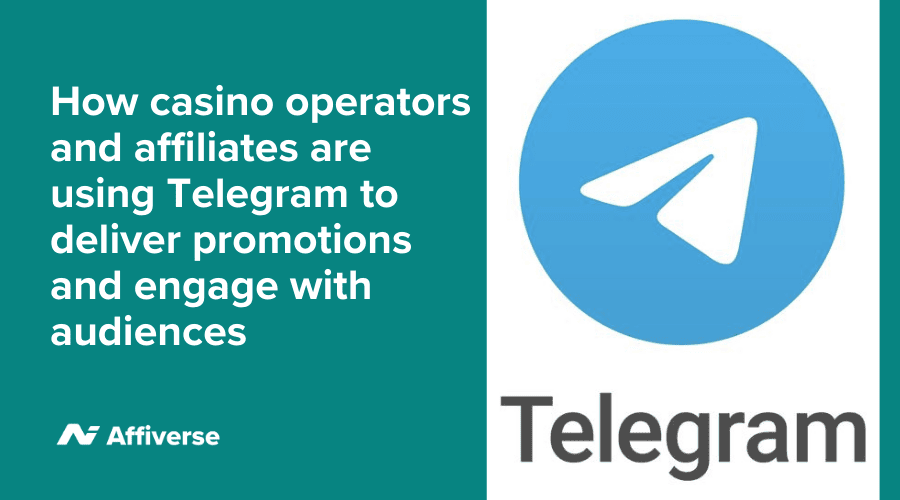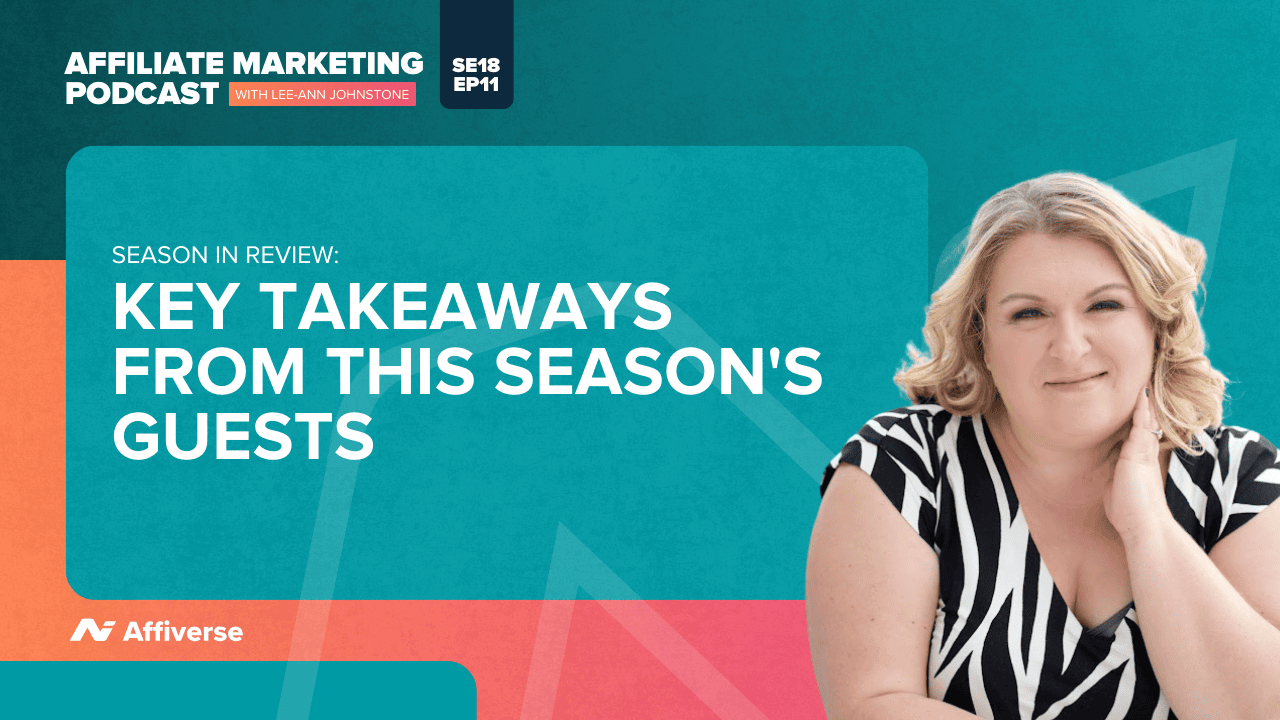The regulatory landscape of the UK igaming industry has been moving fast, with the UK Gambling Commission bearing down on operators. This is causing some operators to scale back affiliate marketing efforts or culling memberships to their programme as a result. These behaviours are causing a tenuous relationship between operators and affiliates, which is why self regulation is key for continued affiliate growth.
What is the best practice?
A lot of the fines that we’re seeing handed down by the UKGC are mostly unprecedented, with no specific reasoning behind the fine. The words ‘misleading’ and ‘unfair’ are used a lot in rulings, but most don’t really understand what makes a promotion fall under these exact categories.
The codes of practice includes unhelpful guidelines like:
“You must ensure that your marketing communications do not mislead consumers”
But what does this actually mean? The CAP advertising codes are equally open to interpretation, using phrases like:
“[The terms should include] How to participate, including significant conditions and costs, and other major factors reasonably likely to influence consumers’ decision or understanding about the promotion.”
This can be difficult for affiliates and operators to interpret, as consumers are all different and the context and placement of an ad can be just as important as the message portrayed in it. What one user may expect from a promotion, another may not be comfortable with and this is a tricky balance to get right. You might think your promotion is watertight, with all of the relevant information but then be told that it actually isn’t.
The CAP offers a service by which they check over the content of ads for free, within 24 hours. There is a premium option for this service, but at £204 for a 4 hour turnaround, this could potentially cost affiliates that put out daily news a lot of cash!
This is where a best practice codes needs to come into play. Having a standardised best practice policy for affiliates to make use of helps make things clearer for all. A company that does this well is BGO.com. Clear guidance and stringent approval and advertising policies have been created to help affiliates remain compliant.
A lot of the ambiguity around these codes require input from the CAP, ASA and UKGC. Right now, affiliates and operators are having to react to the latest rulings, instead of planning for the future, which isn’t ideal for any party. With independent groups like The iGAA, International Gaming Affiliate Association, time will tell if a consensus on mutual governance and self regulation can be reached. The idea is to create a code of practice that would go above and beyond to keep the operator and affiliate relationship thriving in a self regulated manner, where both parties agree and abide by appropriate common ground rules.
The alternative
The alternative to this would mean a lot of continued struggle ahead for affiliates and operators alike to navigate the way forward as regulation continues to change. As this channel has the potential to become ‘more trouble than it’s worth’ if left unregulated, operators could look to other means of acquiring traffic. Should this be an overall trend, affiliates will find their options for building revenue diminishing over time.
Self regulation is the key to avoiding a downturn in the popularity of affiliate marketing as part of the marketing mix. It really is the only way to build long term business and continue with affiliate marketing as a core acquisition medium. Without a good reputation and self regulation, operators may overcome the current fears of fines generated by non compliant affiliates.
Going forward – how can you invest in self regulation?
Continued skills development and training for affiliate managers and business coaching programmes for affiliates are key to support the growth of this channel. The time has come to invest in ongoing skills development, both on the affiliate and operator side. From coaching entrepreneurs with no experience on best industry practices, to supporting skills development and ongoing training for affiliate managers who hold these relationships accountable to their brand.
It’s going to be more important to ensure your business and your team are learning the skills they need to do the job of affiliate marketing – properly. The time to get involved in this conversation is now and if you don’t begin this process of self-regulation as an early adopter you could be missing out.




















